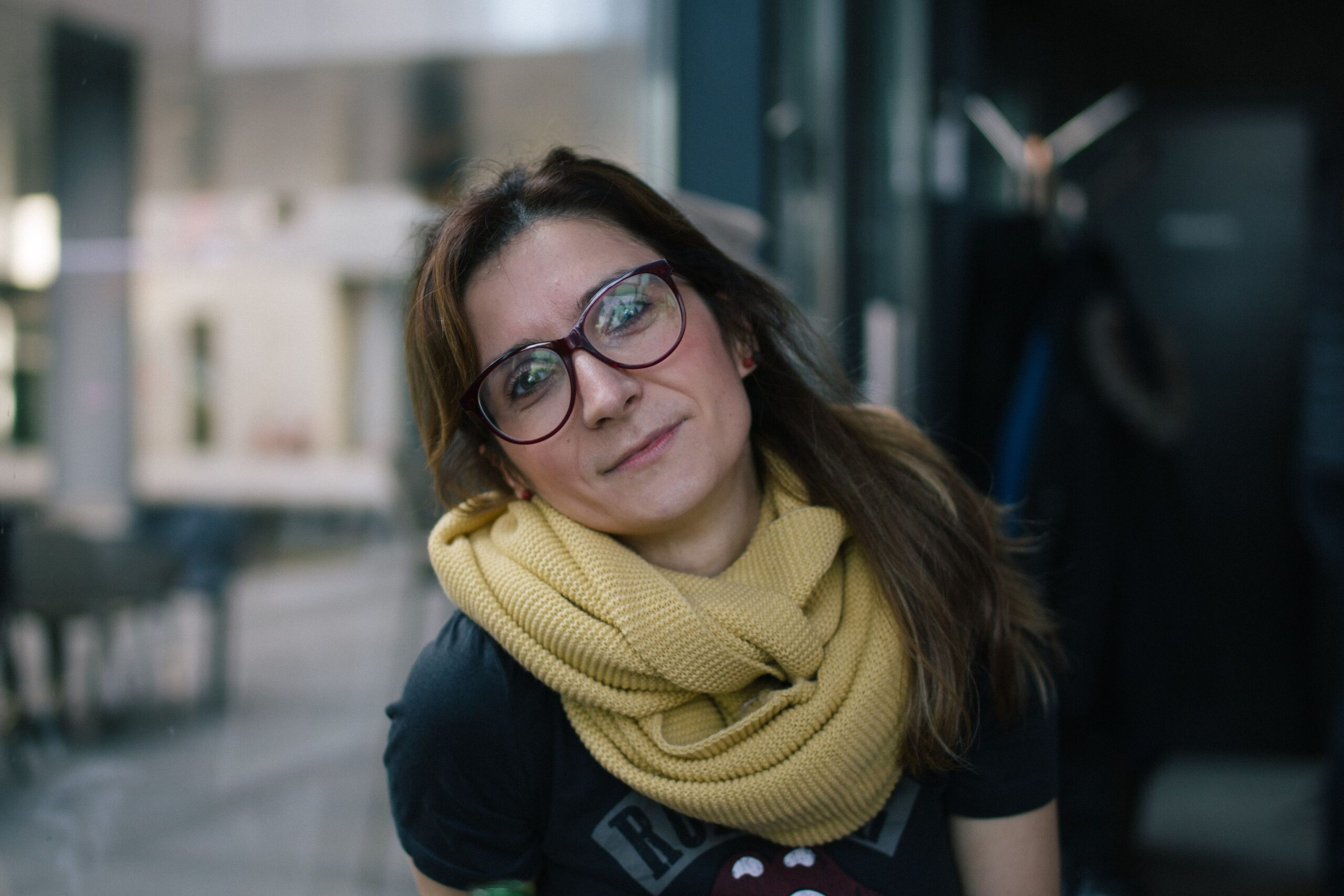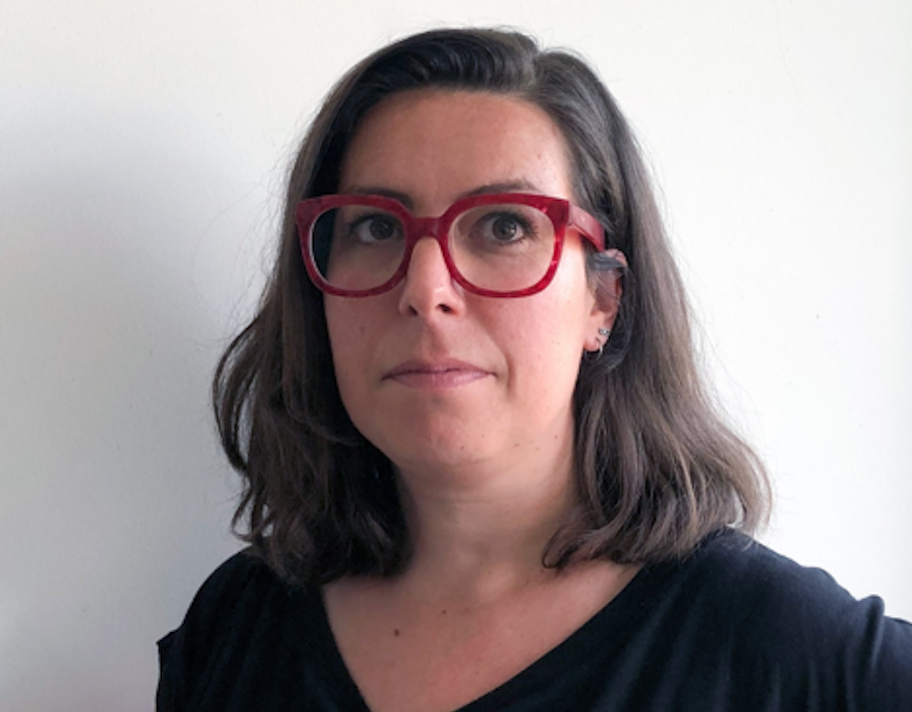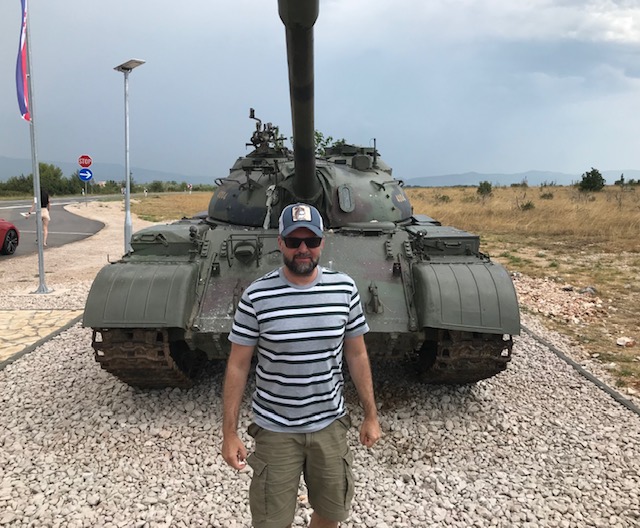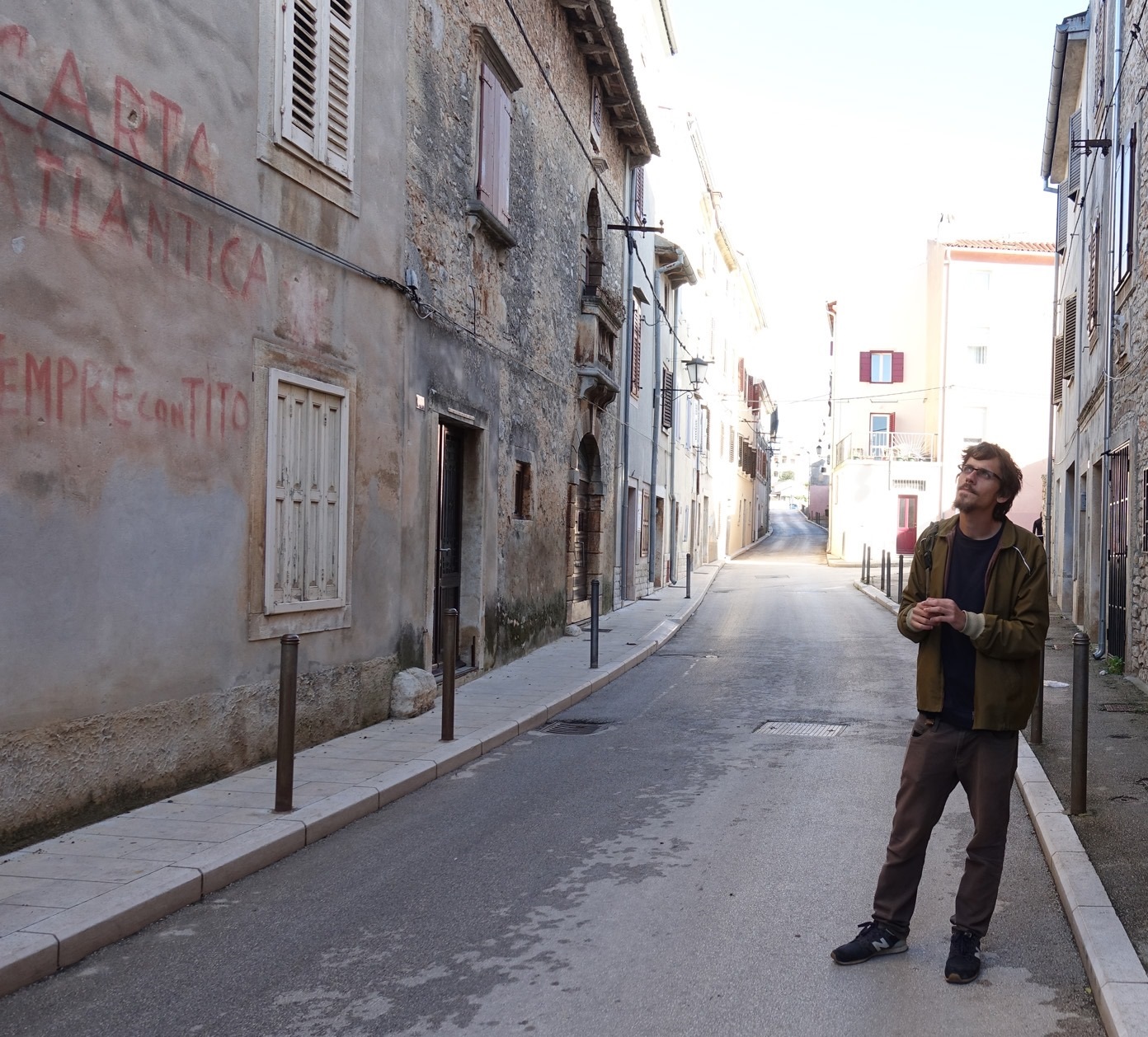Interviews
Ana Rajković-Pejić
PHD in modern and contemporary history, University of Zagreb
Ana Rajković-Pejić holds a PhD in modern and contemporary history from the University of Zagreb, Croatia. In her research she focuses on women’s roles and resistance within the labor movement in the period between the two World Wars. She is the author of Long female march. The position of female workers and women’s activism in Croatia between the two World Wars (2021); The Position of Female Workers in Yugoslavia between the Two World Wars – a Historical Perspective 1918-1939. She is also a member of the editorial board of the journals Novi Plamen. The Journal of the Democratic Left for the Politica, Social and Cultural Issues and a member of the Centre for Women’s Studies Zagreb.

Hrvoje Klasić
Professor, Faculty of Humanities and Social Sciences. University of Zagreb
Hrvoje Klasić was born in Sisak, Croatia, in 1972. He graduated from the Department of History, Faculty of Humanities and Social Sciences at the University of Zagreb in 1997, where he defended his master thesis entitled «Socio — Political changes in Sisak, 1970-1972.» and his dissertation entitled “1968 in Yugoslavia. Socio – economic changes in international context”. He has been employed as a professor at the same Faculty and University since 2003, and holds a number of courses related to the world and national (Croatian) history of the 20th century.
Hrvoje Klasić won the Annual Award of the Association of University Teachers and other Scholars in Zagreb in 2006, the Annual Award of Sisak City in 2006, and the Annual Award of Zagreb City in 2022. In 2017 The Serb National Council in Croatia awarded him for the improvement of Croatia-Serbia relations. In 2019 he won the Award for the promotion of peacebuilding, nonviolence, and human rights.
He is the author of 5 books and two documentary series titled «Croatian Spring» and “Independent State of Croatia”. In 2022 he started with a new documentary project about the antifascist struggle in Yugoslavia during WW2.
Iva Vukušić
ASSISTANT PROFESSOR IN INTERNATIONAL HISTORY, UTRECHT UNIVERSITY
Dr. Iva Vukušić is an Assistant Professor in International History at Utrecht University, and a Visiting Research Fellow at the Department of War Studies, King’s College London. She is a historian and a genocide scholar, and her work is on irregular armed groups, genocide, mass violence and transitional justice, especially criminal accountability. Before coming to The Hague in 2009, she spent three years in Sarajevo, where she worked as a researcher and analyst at the Special Department for War Crimes at the Office of the Prosecutor. She is a frequent contributor in public debates and has been interviewed for the New York Times, the Guardian, Le Monde, Der Spiegel, de Volkskrant, the BBC, etc. Her first book Serbian Paramilitaries and the Breakup of Yugoslavia: State Connections and Patterns of Violence was published in September 2022 in the Contemporary Security Studies at Routledge. Iva is also one of three editors of the new CEU Press series “Perpetrators of Organized Violence: Eastern, Central and South-Eastern Europe”.


Darko Gavrilović
Professor of History, Novi Sad
Vjeran Pavlaković
Associate professor of Cultural Studies, Rijeka
Vjeran Pavlaković is an associate professor at the Department of Cultural Studies at the University of Rijeka, Croatia. He received his Ph.D. in History in 2005 from the University of Washington, and has published articles on cultural memory, transitional justice in the former Yugoslavia, and the Spanish Civil War. Recent publications include the co-edited volume (with Davor Pauković) Framing the Nation and Collective Identity in Croatia (Routledge, 2019), “The Controversial Commemoration: Transnational Approaches to Remembering Bleiburg,” in Politička misao (2018), and The Yugoslav Volunteers in the Spanish Civil War (2016). He is currently the lead researcher on the Memoryscapes project as part of Rijeka’s European Capital of Culture in 2020.


Eric Ušić
PhD student in the Balkan Studies program, Ljubljana
Eric Ušić is a PhD student in the Balkan Studies program at the Faculty of Social Sciences in Ljubljana, Slovenia. He is currently working on his doctoral thesis and researching post-World War II graffiti in Istria, Croatia, under the supervision of professor Mitja Velikonja. Eric holds an MA degree in Cultural Studies, received at the Faculty of Philosophy in Rijeka, Croatia. He published papers in Croatian and Slovenian scientific journals and participated in several international conferences. His field of interest includes cultural studies, visual ethnography, memory studies, Balkan studies, and Istria’s contemporary history.


